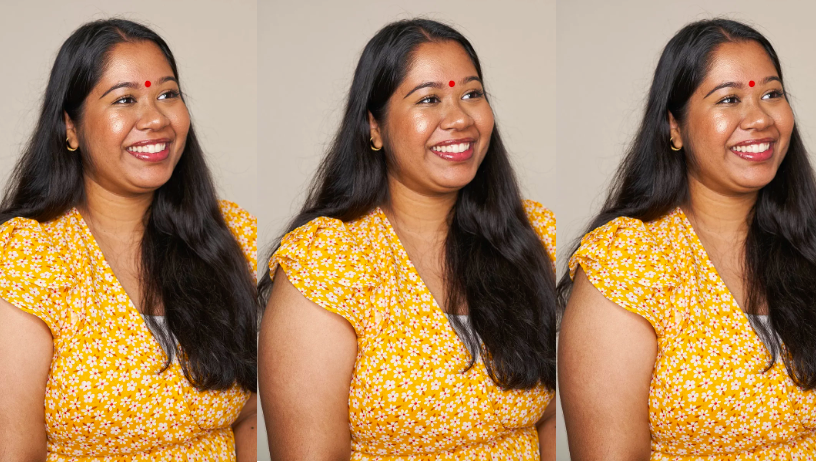
When I was a senior in high school, I finally got the strength to come out as queer to my closest friends. I remember nausea, and the sleepless nights leading up to the day when I finally told them. But worst of all were the grueling questions spinning in my head, wondering if they were going to reject me.
However, my wonderful friends reassured me with open arms that they would never leave me because of who I am and have always supported me since. I thought my life would start to change for the better when I could comfortably be the most authentic version of myself, after years of hiding my identity. But instead, I realized rejection is not the problem I have to deal with since I came out of the closet.
My friends at the time were completely supportive when I was still trying to navigate and understand my identity, but I immediately started to notice changes in our friendships. We were once so open to talk about our deepest sexual fantasies and crushes while also being comfortable holding hands and hugging. That started to change after I told them that I was attracted to girls. My female friends started to become more reserved and act strangely when I went in for a hug or rested my head on their shoulder, when before it was considered normal and endearing in our friendship. Our “girl talk” started to change as they were no longer comfortable chatting about things we always discussed, like their bra sizes or even whether they should wear a thong or granny panties.
I started to see them become hesitant, their eyes shifting back and forth whenever I complimented them on their appearance. I could see them questioning whether I was flirting with them when really I simply wanted to tell them I liked the shade of their lipstick.
[Read More: The Internal and External Struggles of Being Gender Nonconforming]
I also found myself constantly irritated when I would make a positive comment about a girl that I recently met’s outfit or appearance to my friends. They would immediately ask me, “Do you have a crush on her? Do you want to have sex with her?” I would have to explain to them over and over that, I’m not attracted to every girl I meet, just like how they didn’t have a crush on every guy. But for some reason, they couldn’t understand.
Our sisterly relationship had completely taken a turn and I slowly saw myself becoming an outsider.
Even though they reassured me that they accepted me for who I am, I feel as though my female friends haven’t completely accepted me and my queerness. The LGBTQ+ community is seen as sexual creatures and that our entire identity revolves around sex. This stereotype leads to the notion that queer folks are predatory and that we’re trying to convert straight people with seduction or that we’re attracted to everyone we meet. But in reality, it’s far from that.
I thought that perhaps this would change after I graduated high school. Surely people are much more mature and educated about sexualities outside the small bubble of high school, right? Well, I was definitely wrong. When I meet someone new, I find myself having to re-come out over and over. With straight girls, I notice a passive behavior or comment that indicates “Well, I’m straight so don’t fall for me.” Well lucky for them, because they’re not my taste anyway!
Even though I am attracted to all genders, it doesn’t mean I’m in love with everyone I meet.
This experience is even worse when I am around the South Asian community. Since I hit my early 20s, I have found myself becoming more and more comfortable with my queerness, which has led me to be open even with South Asian folks. This could be frightening at times, especially with the prevalent homophobia embedded in our culture.
I realized that whenever I made it known that I was queer, brown girls were always the most uncomfortable around me. Even though our conversations might be going well and they seemed to enjoy the friendly banter and discussion, they started to reel themselves back when they find out I am queer.
[Read More: Who Cares About My Sexuality?]
Befriending straight girls continues to be a struggle for me as I’m still trying to understand my sexual orientation. I always wonder, “Are the ally they say they are and are uncomfortable with me, or are they just homophobic?” Trying to differentiate between the two has become another nauseating and grueling question in my mind. It has made it more difficult to become friends with the women around me, even though I constantly crave sisterhood.
The cosmic bond that resonates between all women somehow disappears when my queerness is known. My sexual orientation sets me apart as “other.” Why is it that the feeling of sisterhood dissipates in the presence of my queerness? Am I less of a woman because I’m attracted to the same gender?
But hopefully, as time goes by, they’ll see me simply as Fabliha. The girl who just wants to be friends and talk about whether or not they should wear a thong or granny panties.




